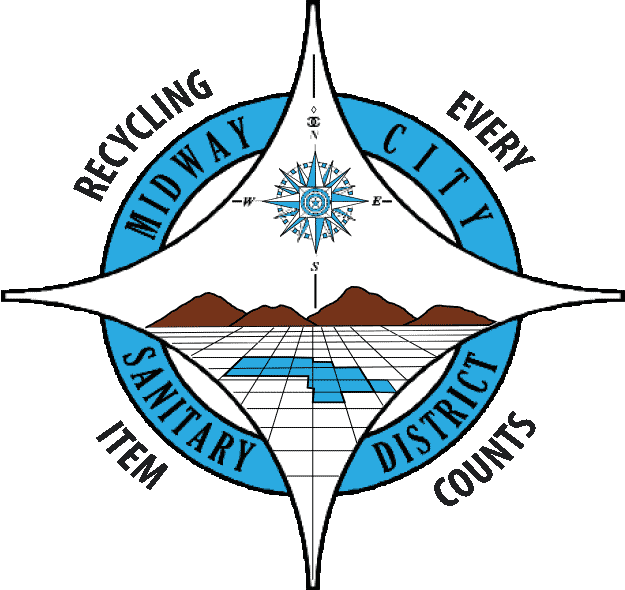SB 1383 Requirements
WHAT
In September 2016, Senate Bill (SB) 1383
(Lara, Chapter 395, Statutes of 2016) set methane emissions reduction targets for California in a statewide effort to reduce emissions of short-lived climate pollutants (SLCP). This requires jurisdictions to implement mandatory organic waste collection and recycling in a statewide effort to divert organic waste from landfills with goals to:
- Reduce organic waste disposal 50% by 2020 and 75% by 2025
- Recover at least 20% of currently disposed surplus edible food by 2025
WHY
- Organics like food scraps, yard trimmings, paper, and cardboard make up half of what Californians throw away in landfills.
- Organic waste can be recycled through various methods of composting, such as vermi-composting and windrow composting, to create a nutrient rich soil.
- Diverting organic material, as well as other recyclable materials, from landfills is key in preserving landfill capacity.
HOW
Organic waste is recyclable through composting and mulching, and through anaerobic digestion, which can produce renewable energy. In an effort to achieve California's recycling and greenhouse gas emission goals, the State has enacted Mandatory Organics Recycling regulations.
Organics Recycling Facilities
For a list of recycling facilities located in Orange County, CLICK HERE.

